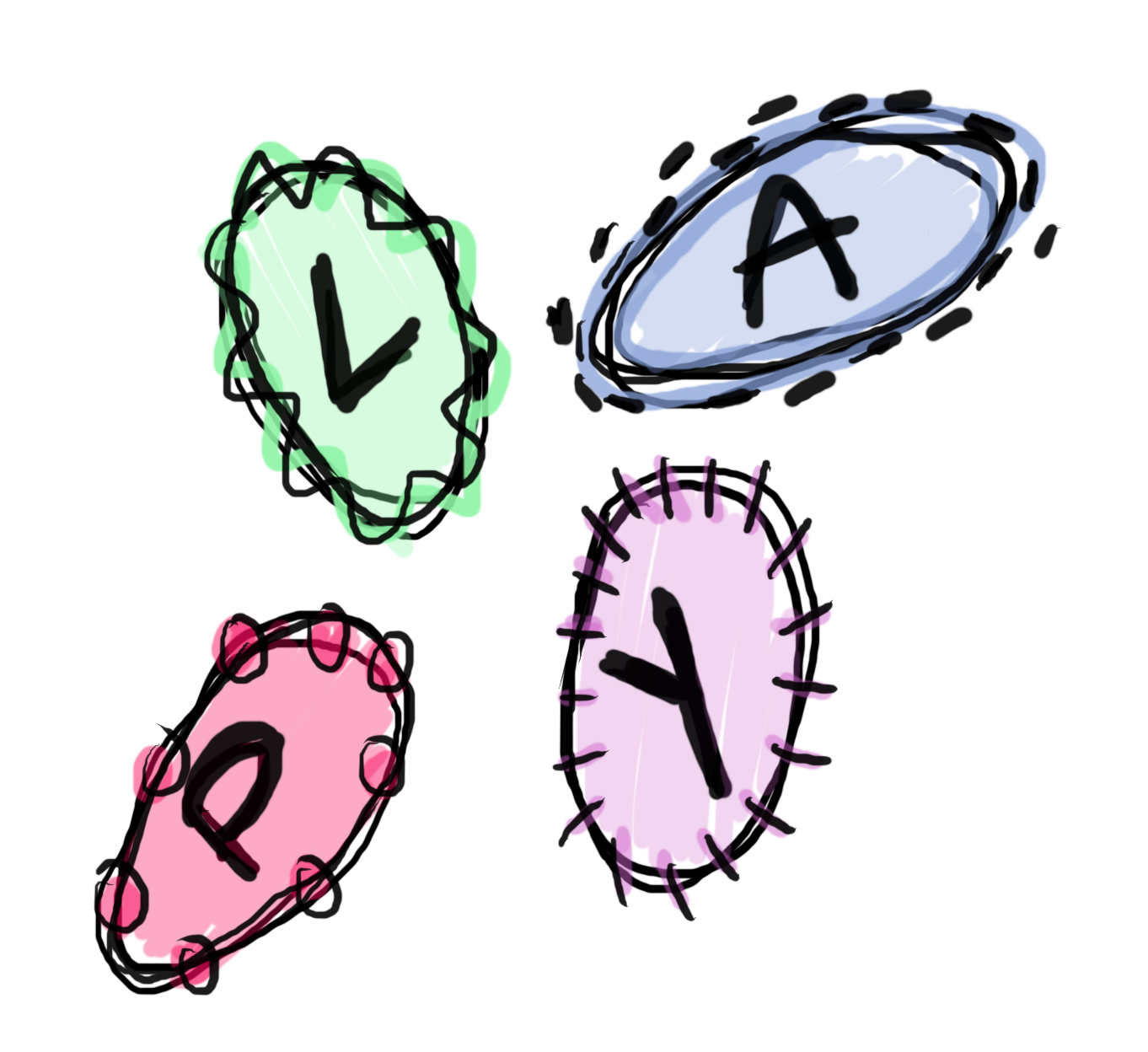Quantum Play // Play as a consciousness
Quantum Physics - is the microcosm study of matter and energy at the most fundamental level. The study aims to uncover the properties and behaviours of the building blocks of nature.
Play - Play is a process that is intrinsically motivated, self-chosen and self-directed.
The interconnection between quantum physics and play may seem metaphorical in some aspects, however, exploring the parallels between these realms can offer insights into the nature of creativity, emergence, and the interconnectedness in both the microcosm of quantum physics and the macrocosm of the human experience.
Research into observation theory in psychics refers to the concept that the act of observing a phenomenon can affect the phenomenon itself. This idea is particularly important in quantum mechanics (a theory in quantum physics), where the behaviour of particles is influenced by the act of observation. If at subatomic levels atoms display what could be imagined as a ‘knowing’, could it also be imagined as play? Imaginative play for example, where the conventional rules of the physical world do not apply, or locomotor play where movement takes place in any or every direction for its own sake.
If ‘play’ is observed at a subatomic level, can we also begin to understand play as a consciousness? If we, ourselves and the whole universe are built upon this quantum phenomena, the paradox on the micro-scale that forms all macro-scale matter then it becomes complementary to Playwork Principle 1 (PWP) which identifies play as an innate need for the healthy development for individuals and communities:
1. All children and young people need to play. The impulse to play is innate. Play is a biological, psychological and social necessity, and is fundamental to the healthy development and well-being of individuals and communities - (PWP)
If we separate play from play-work (the professional role and study of play with children), and agree that play remains a fundamental human need then play cannot solely belong to the realms of childhood. If even atoms are at play, what does that mean to the essence of life if we all come from this playful energy? If play is fundamental to humanity and the universe we should begin to understand and value play beyond childhood and into our livelihood.
Some similarities between quantum physics and play processes:
Uncertainty and Creativity: Quantum mechanics operates in a realm of uncertainty, where particles exist in multiple states simultaneously until observed. Similarly, play often involves exploration of uncertain situations and outcomes. The openness to possibility in both quantum and play processes can provide adaptive responses and solutions to challenges.
Non-linearity and Emergence: Quantum systems exhibit non-linear behaviour, where small changes can lead to emergent properties and complex behaviours. Likewise, play often involves non-linear interactions and emergent outcomes, where simple rules or actions can lead to unpredictable play scenarios. This parallels the idea of emergence in quantum mechanics, where new properties arise from the interaction of particles.
Entanglement and Connection: Quantum entanglement describes when particles become interconnected and exhibit correlated behaviour regardless of the distance between them. Similarly, play can encourage a sense of connection and interdependence among individuals engaged in a playful activity. Whether it's a game of tig or a shared creative venture, play can create bonds and connections that transcend physical distance.
Exploration of Possibility Spaces: Quantum mechanics explores the void, a vast possibility space of quantum states and potential outcomes. In a similar way, play often involves exploration of possibility spaces, whether in the form of imaginative play, role-playing games, or artistic expression.
Holistic Understanding: Quantum theory challenges reductionist views by emphasising the interconnectedness of all universal phenomena and the importance of context. Likewise, the play process encourages a holistic understanding of the world by engaging multiple senses, emotions, and cognitive capacity, strengthening creativity, imagination, and empathy.
*Disclaimer! I am in no way a scientist so please offer me some grace whilst I am solely reflecting on observations in my work and my interests in the ideas and theories of the quantum realm.
Useful web links:
Useful books:
Meeting the Universe Halfway by Karen Barad
The Ambiguity of Play by Brian Sutton-Smith


